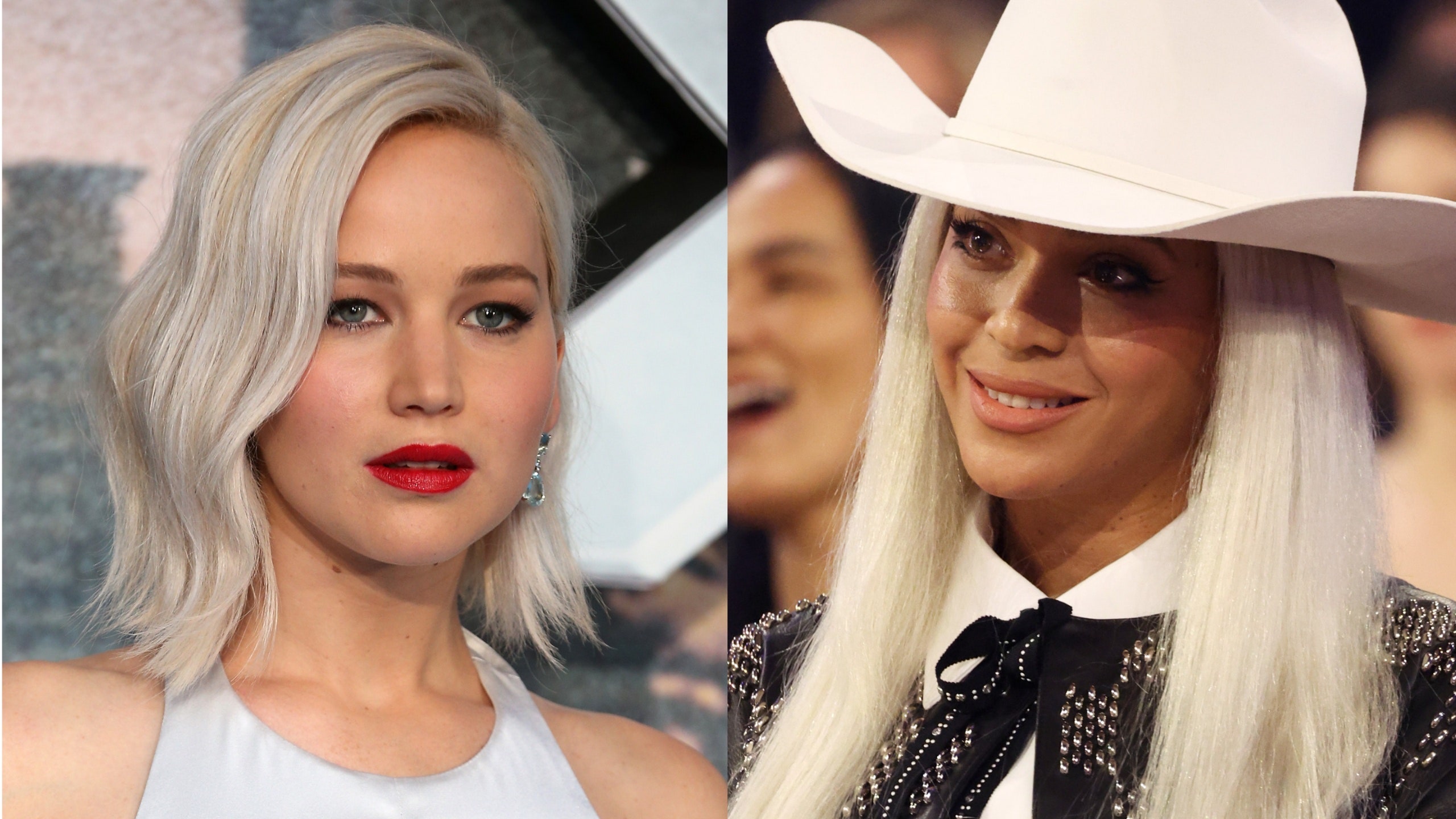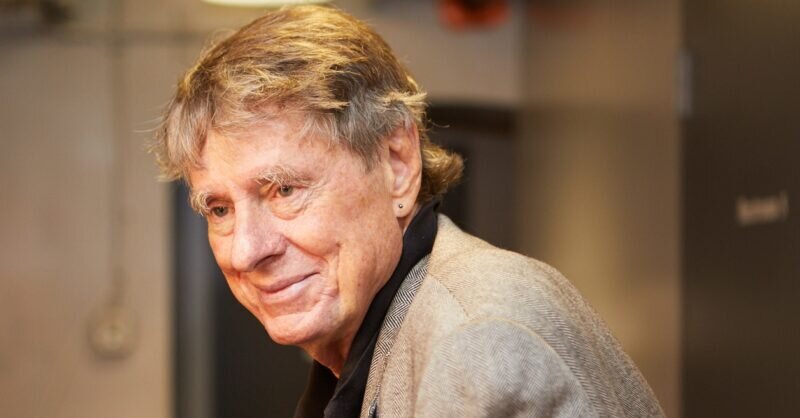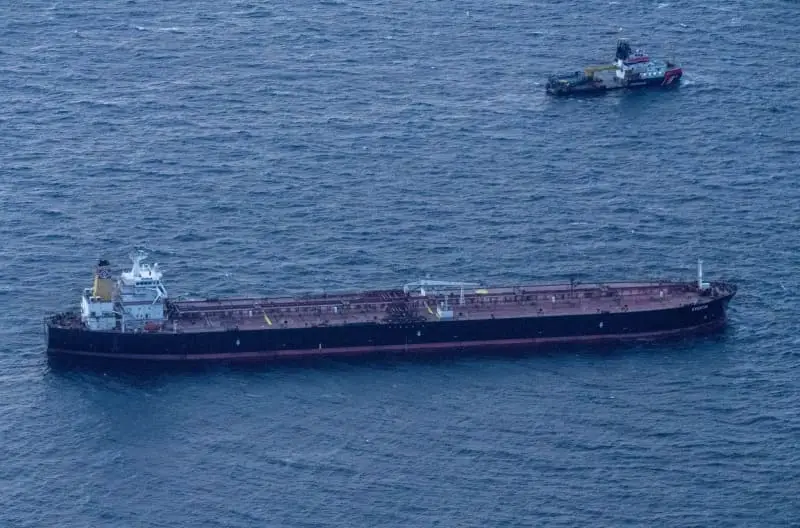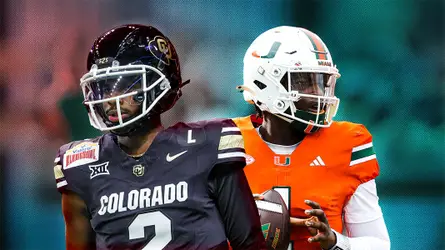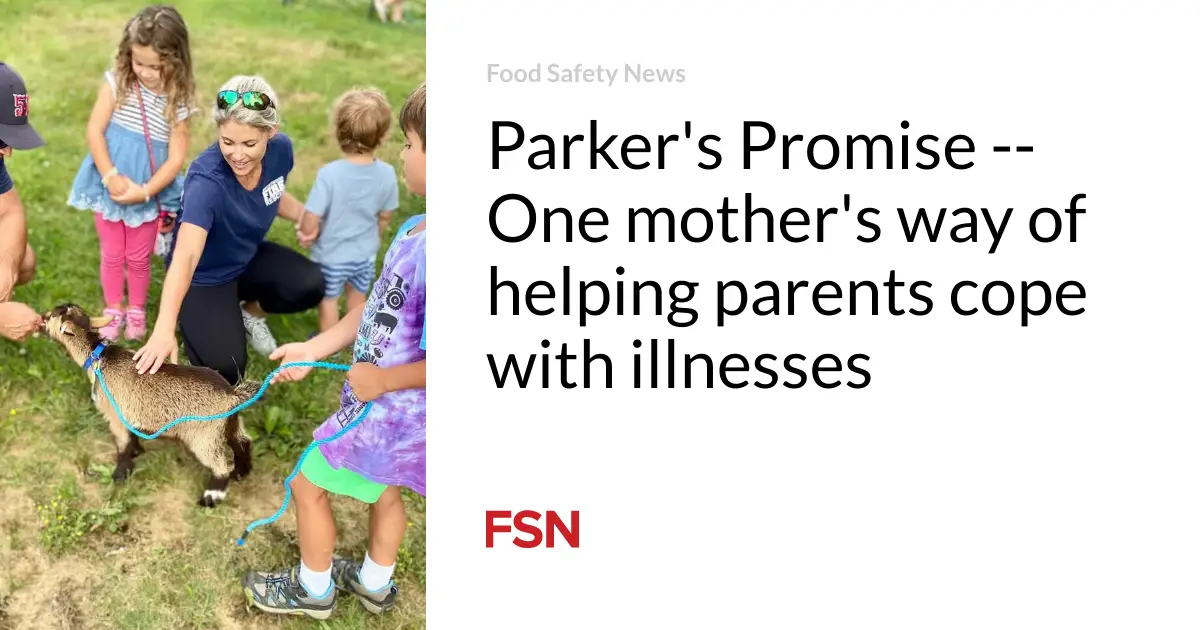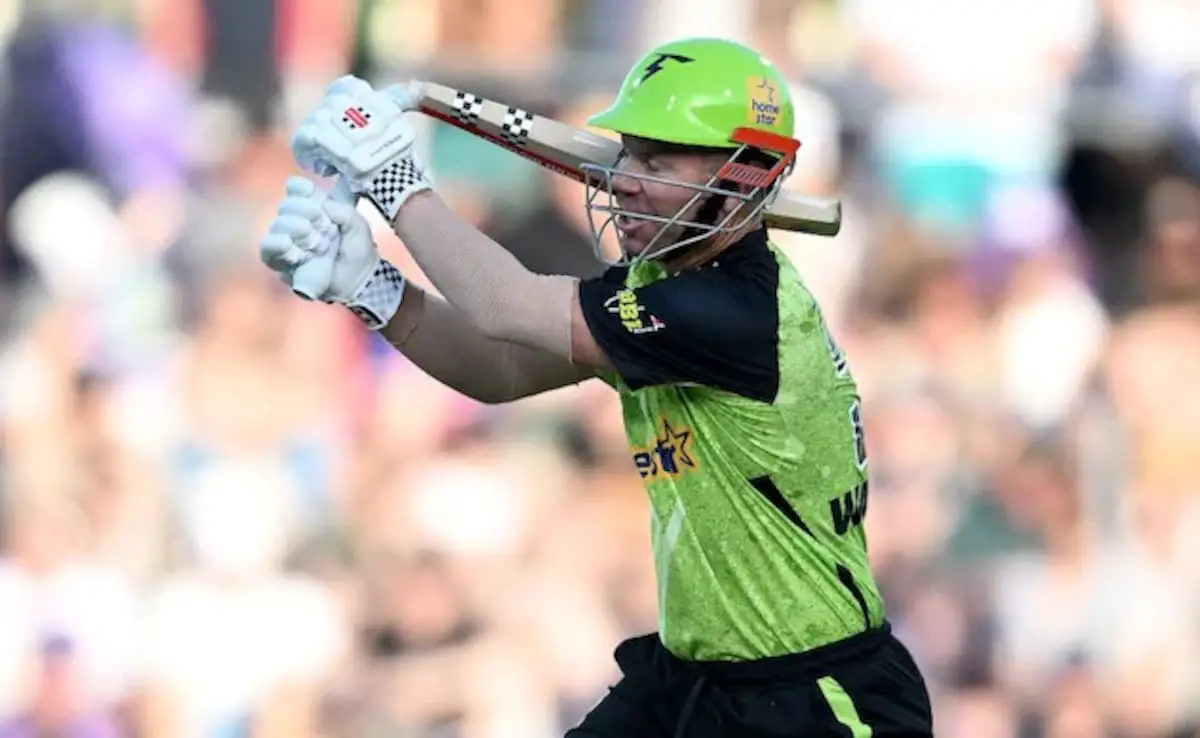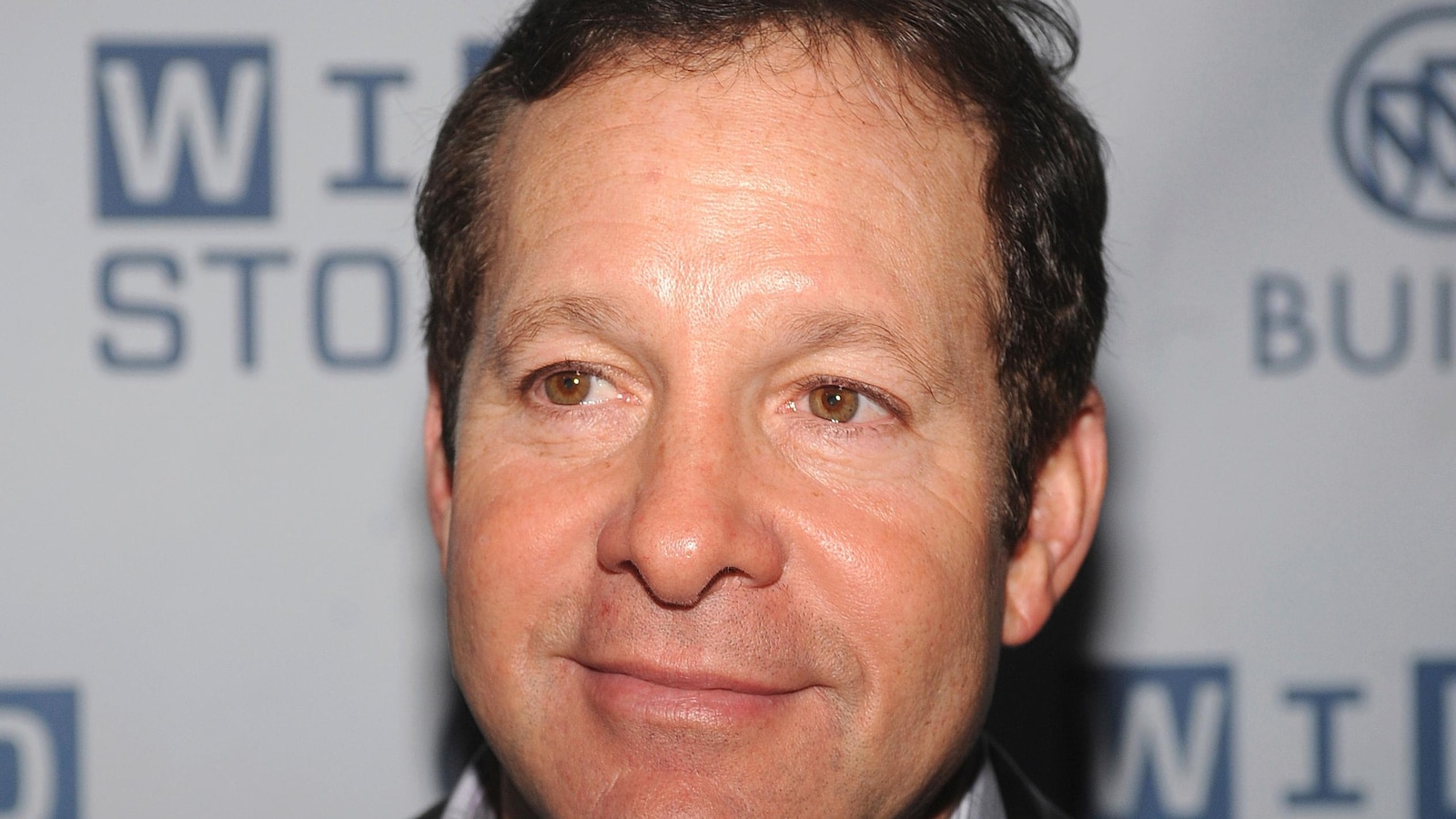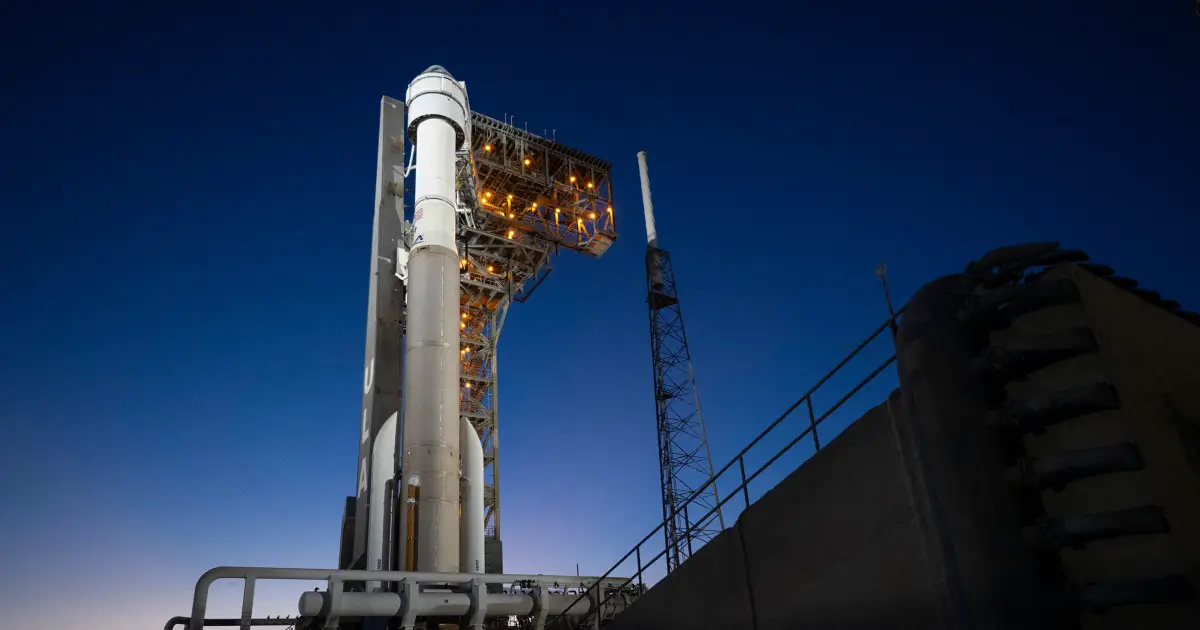
NASA and Boeing were forced to stand down from an attempted launch to the International Space Station on Monday because of a last-minute issue that cropped up with a valve on the spacecraft’s rocket.
Boeing’s Starliner capsule had been scheduled to lift off at 10:34 p.m. ET from Florida’s Cape Canaveral Space Force Station on its first crewed test flight. NASA astronauts Barry “Butch” Wilmore and Sunita Williams were on board the capsule and strapped into their seats when the launch attempt was called off, roughly two hours ahead of the planned liftoff.
A new launch date has not yet been announced.
Mission controllers declared a launch “scrub” after an anomaly was detected on an oxygen valve on United Launch Alliance’s Atlas V rocket, which the Starliner capsule was to ride into orbit.


